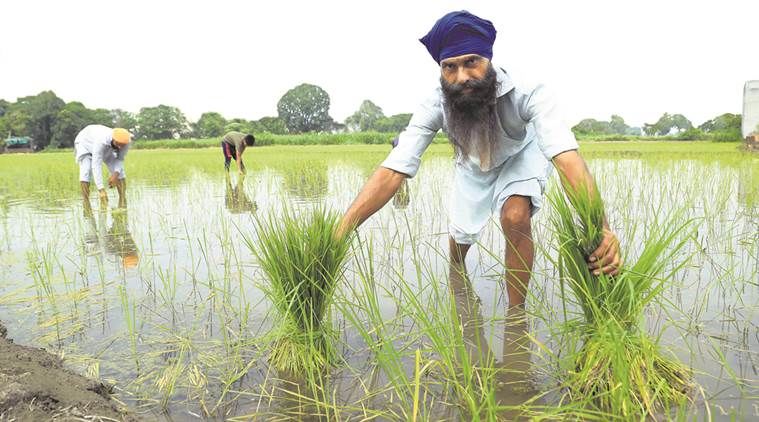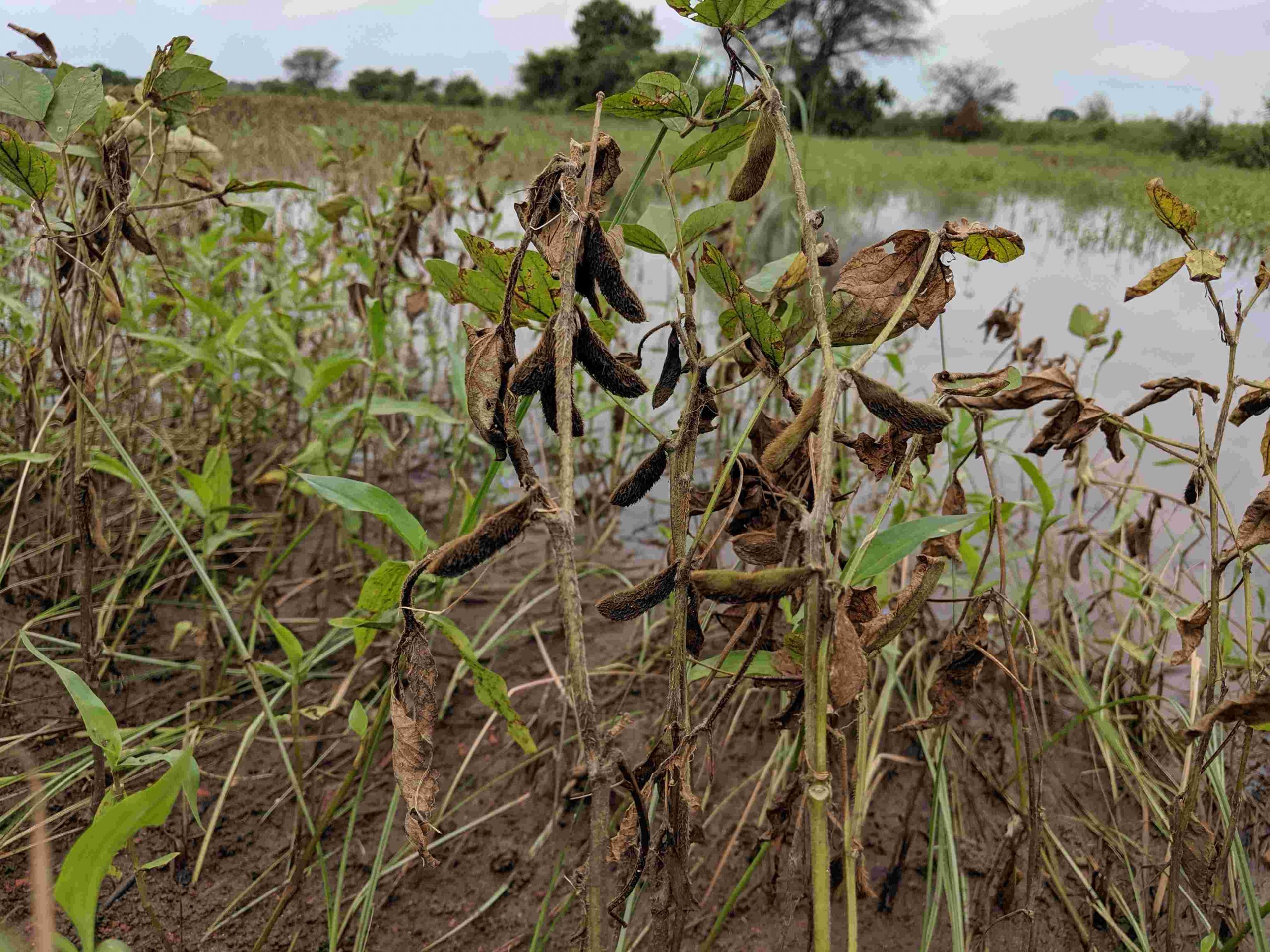Soybean and Basmati farmers bear the brunt of Coronavirus, prices increase by about 25%
This year’s Holi has not been very colourful for the Basmati rice and soybean farmers. Due to Coronavirus, these crops are not being exported which has affected the consumption

“This season is very important for us. We have to pay our dues off by the end of March. But I have no idea how I am going to clear these debts. We can’t sell wheat crop as it is not ready yet. Buyers are telling us that prices for Basmati rice have been affected due to Coronavirus,” said Rupendra Singh, 40, a farmer who lives in Punjab.
This year’s Holi has not been very colourful for the Basmati rice and soybean farmers. Due to Coronavirus, they have observed that these crops are not being exported which has affected the consumption. Moreover, prices in the markets have decreased by about 15 to 25 per cent. This is directly causing losses to the farmers.
Rupendra Singh lives in Bagwala village of Bahawal Bassi block in Fazilka district in Punjab. He has 10 quintal of Basmati rice in store and he was hoping for a better price. Most of the farmers in this village grow Basmati rice.
He informed us that two months ago, the market price for Basmati was Rs 3,200-3,400 a quintal. However, they are getting Rs 2,300-2,400 a quintal this time. “What we are earning these days is what we used to earn 10 years ago. We are dependent on the earnings of this season because there is no other crop which we could later sell and earn,” said Rupendra.

Millions of people have been directly affected by the rise of an emergency of Coronavirus around the world. More than one lakh people are affected by the disease across the globe. More than 80 cases have been reported so far in India. But beyond these counts, there are millions of people whose lives and livelihood are indirectly hit due to Coronavirus.
When traders were expecting a hike in the exports for Basmati rice, Coronavirus has affected the export. They were expecting an increase of export from Iran as it is the largest consumer of basmati rice from India followed by Saudi Arabia and Iraq.
About 60,000 tonnes of Basmati rice was to be exported to Iran. But this has put on hold due to Coronavirus. The stock has been piled up at the ports.
According to the data of All India Rice Exporters Association, Iran imported 5, 91419 quintals of Indian Basmati rice worth Rs 4,489 crore in 2019-20 (April to November).
Vinod Kaul, who is the executive director in All India Rice Exporters Association, informed us that a total of 35 per cent of Indian Basmati rice is exported to Iran. However, the demand for this year has reduced by 30 per cent. “This is directly affecting the price for Basmati rice in the market, which is directly affecting us. Coming weeks will clearly show the damage done due to Coronavirus,” said Vinod, adding, “Every year about 40 lakh metric tonnes of Basmati rice worth Rs 22,000 crore is exported from India. About 15-17 lakh farmers of the country are associated with Basmati rice cultivation. This sudden spell is going to affect all of these farmers. Our country is the largest exporter of Basmati rice. About 70 per cent of the world’s Basmati rice is produced in India.”
Rajkumar Goel, who is a businessman in Kaithal Rice Mandi in Haryana, said: “Although the amount of Basmati produced in the country has not decreased, but the farmers are not ready to sell it because of the reduced prices in the market. However, we doubt that the farmers will get a fair price for Basmati this time. The impact of Coronavirus would soon be visible on the market price. Even, I have stopped selling basmati at this time.”
Besides Basmati, soybean farmers have also been hit by Coronavirus. Soybean is a major Kharif crop in Madhya Pradesh. It is cultivated on over 53 lakh hectares of landholding. In Madhya Pradesh, which is the largest soybean producer in the country, about 60 lakh acres of crop was damaged due to rain last year. The state government had said that the unseasonal rains caused a loss worth Rs 9600 crore to the farmers. Now Coronavirus has been a big blow to the farmers.

Mukesh Tiwari, a farmer from Paraspur, a village in Sevar tehsil in Indore district in the state, said: “I had sown soybean in 25 acres of land in June, about 80 per cent of which got damaged due to the rains. I managed to cultivate 10 quintals of soybean. Of which, I kept three quintal of soybean in store. I was hoping to sell it for a better price later.”
“I thought the price would get better, so I had held back a little amount of grain. But by the end of February, when I visited themarket, the prices had reduced from Rs 4,000 per quintal to Rs 3,000-3,500. Now I’d sell only when the price will go up a little,” he added.
As of March 5-6, the price of soybean in the Indore market was Rs 3,600-3,700 per quintal. However, it was Rs 3,950-3,951 per quintal during February 3-6.
“The Coronavirus scare has adversely affected the prices of soybean. This has had an impact on the country’s poultry business. People have reduced chicken intake and since the highest consumption of soymeal is in the poultry business, it is currently suffering a huge loss,” said DN Pathak, who is the executive director of the Soybean Processors Association.
He added, “Soybean prices have reduced by 15 per cent in the last two months. Every year, about 15-20 lakh tonnes of soybean is exported from the country. This year, the yields have been very low, so we were expecting a good profit.”
The All India Poultry Breeders Association (AIPBA), while demanding a relief package from the government on March 2, claimed that the sector suffered a huge loss of about Rs 1,750 crore in a month. Due to a decline in demand for chicken, the prices of poultry have fallen to Rs 10-30 per kg while the average cost of production is Rs 80 per kg.

